Iranian court holds 15th trial session in MKO terrorism case
The 15th trial session of the hearing on crimes of members of the Mujahedin-e Khalq Organization (MKO) terrorist group has been held in Tehran.
The new round was held at the 11th branch of the criminal court of Tehran province on Tuesday in a case that tries 104 natural persons as well as one legal entity in absentia.
Judge Dehqani, who presided over the session, said judicial notices have already been sent out to all defendants of the case under the Islamic penal code of Iran, stressing that the defendants have neither hired a lawyer nor filed a defense with the court.
He added that anti-terrorism conventions stipulate that prosecution and punishment of those accused of acts of terror fall within the jurisdiction of criminal courts, noting that the conventions are based on the principle of extradition and punishment of the accused.
The states are, therefore, obligated to try those accused of terrorist activities or hand them over to the country which has placed an extradition order, Judge Dehghani pointed out.
He went on to describe the Iranian nation as the biggest victim of terrorism, noting that governments should commit themselves to dealing with terrorism cases as there is no permanent international criminal court with jurisdiction over such cases.
Dealing with acts of terror incorporates principles that do not allow parties to anti-terrorism conventions to host terrorists or issue visas for them.
Judge Dehqani also advised the defendants to return to the country, defend themselves against criminal charges and possibly absolve themselves of liability before it's too late.
Under the principle of citizenship, countries can prosecute their nationals who have committed crimes outside their territory. Almost all European states have admitted this principle. Terrorism is an international crime and even if it is done with a political motive, it is not considered a political crime and is subject to extradition, he stated.
Accordingly, if a country refuses to extradite those accused of terrorist activities, a red notice will be issued. Therefore, this Iranian criminal court warns the statesmen of those countries hosting terrorists that countries that are members of anti-terrorism conventions are not allowed to offer terrorists refuge, Judge Dehqani stated.
The MKO has carried out numerous terrorist attacks against Iranian civilians and government officials since the victory of the Islamic Revolution in 1979. Out of the nearly 17,000 Iranians killed in terrorist attacks over the past four decades, about 12,000 have fallen victim to the MKO’s acts of terror.
The European Union, Canada, the United States and Japan had previously listed the MKO as a “terrorist organization.”
In 2012, the group was taken off the US list of terrorist organizations. The EU followed suit, removing the group from its list of terrorist organizations.
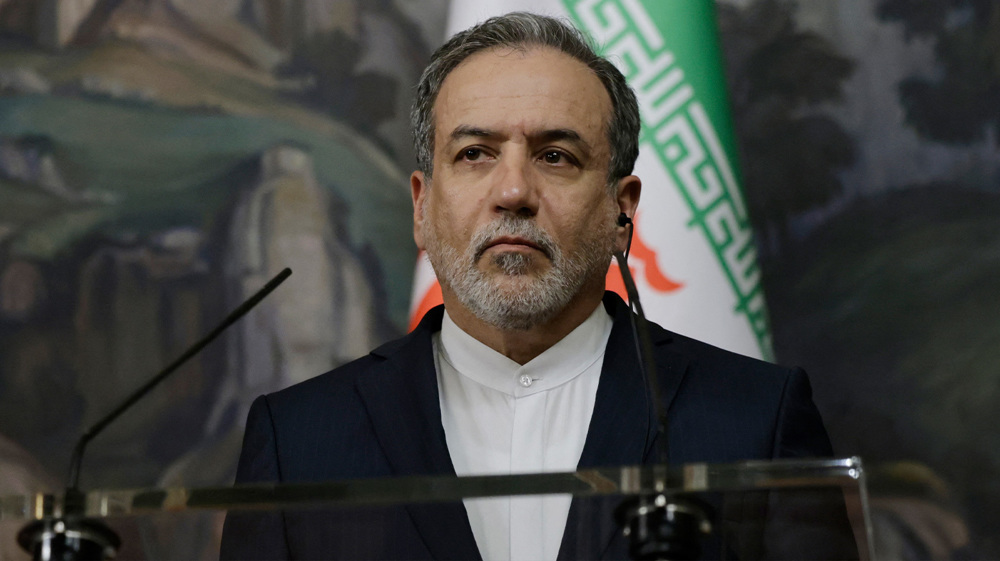
Certain groups manipulating Iran-US talks, goading US into ‘maximalist demands’: FM
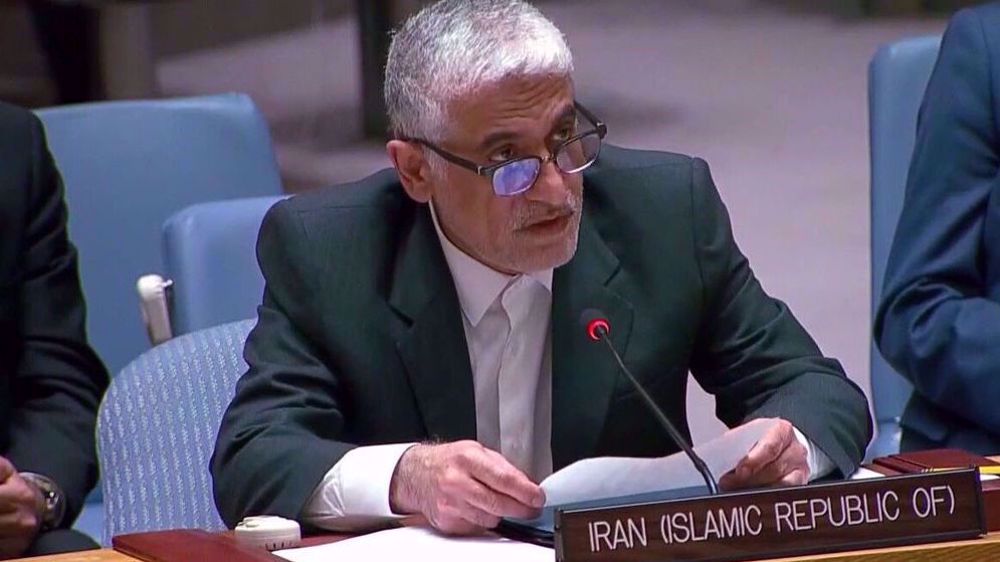
Iran condemns baseless GCC claims on 3 Persian Gulf islands
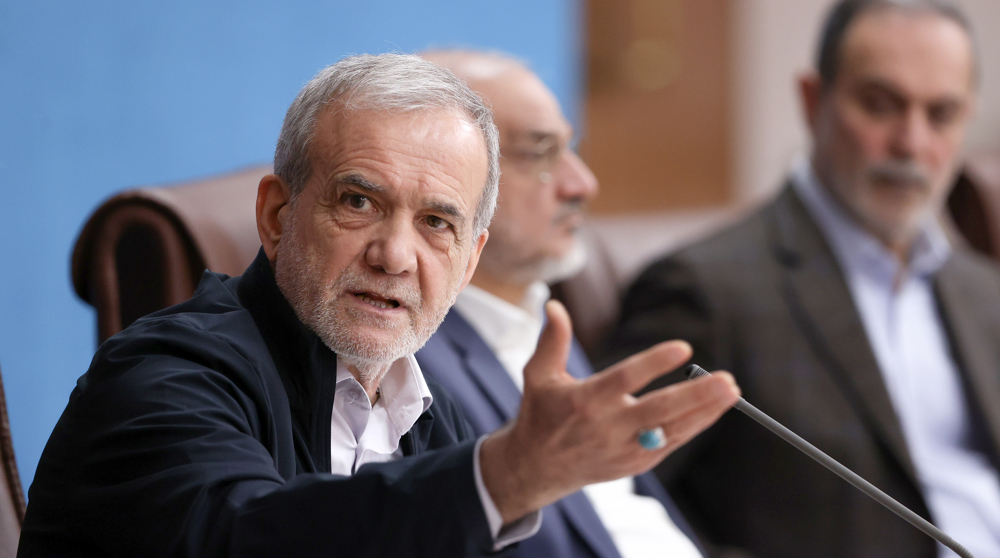
Iran will ‘chart its own path’ if US refuses to negotiate on ‘equal footing’: President
VIDEO | Exclusive: Yemeni eyewitnesses say US warplanes targeted civilians in their homes
VIDEO | Press TV's news headlines
‘Guardians of Revolution’: IRGC warns enemies it is at ‘peak of all-out readiness’
Microsoft collaboration in Gaza genocide
VIDEO | Senior Hamas-allied leader killed in Israeli drone strike south of Beirut
Syria arrests Islamic Jihad officials after US ties sanctions relief to ban on Palestinian groups
Gaza children dying not only from bombs, but hunger: Health Ministry
Israeli strikes kill nearly 10 Gazans, including two children, in new aggression


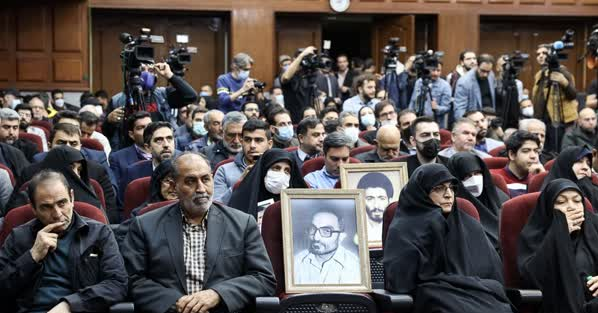
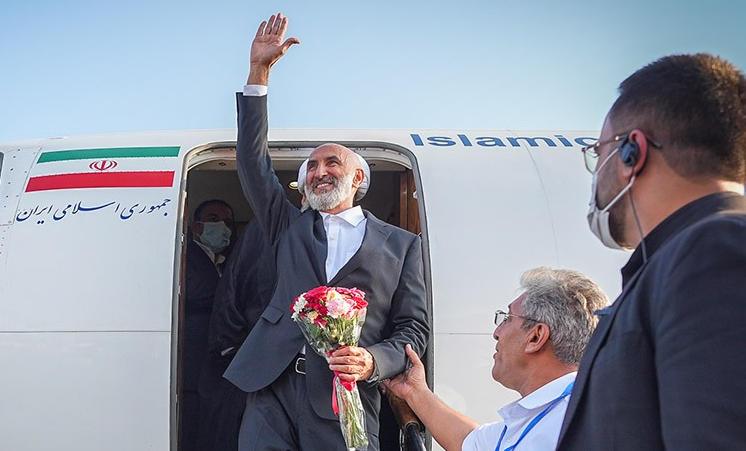



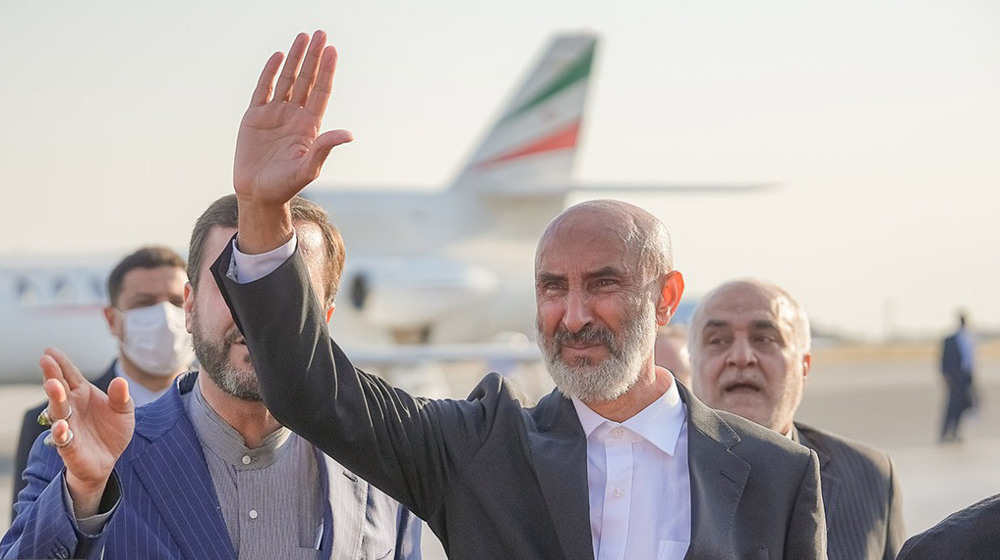
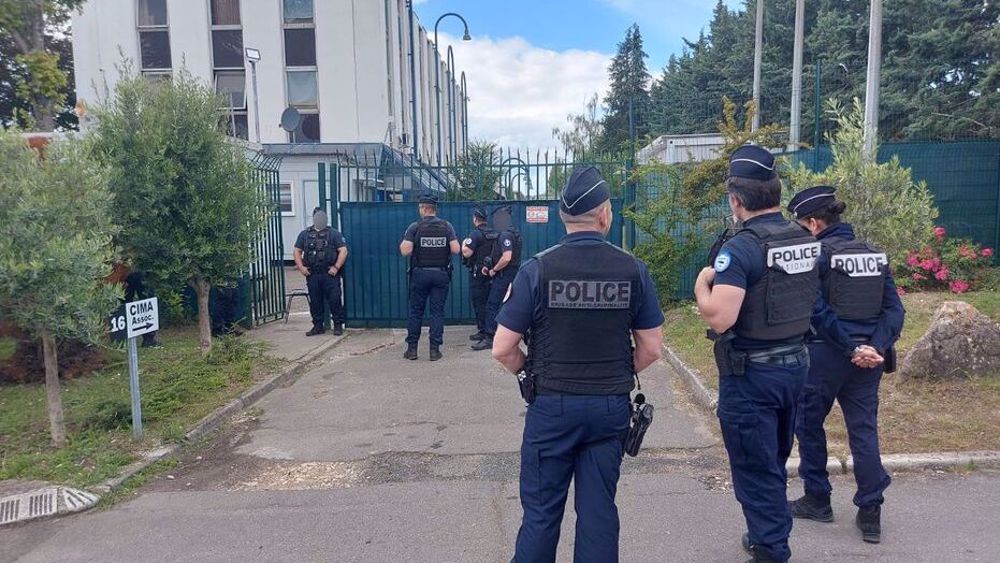
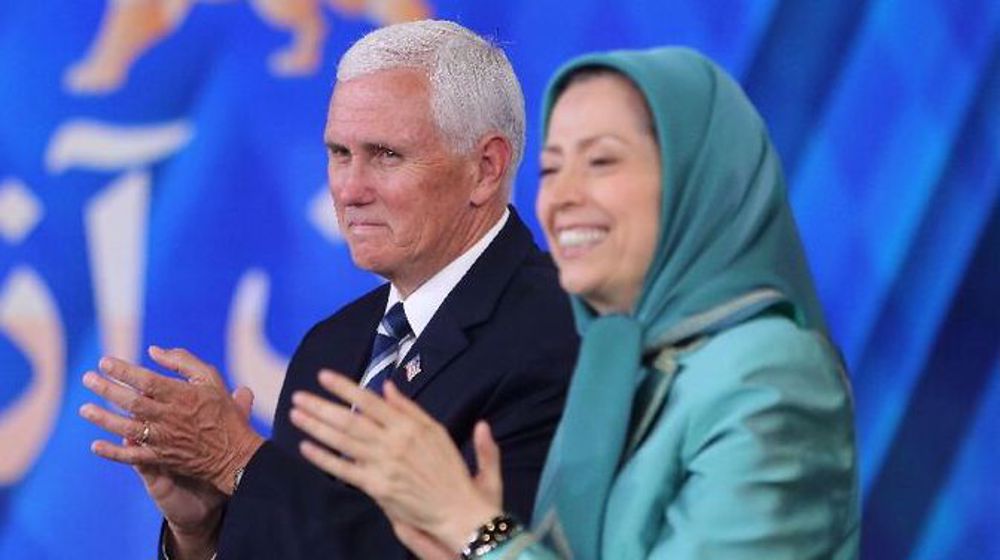
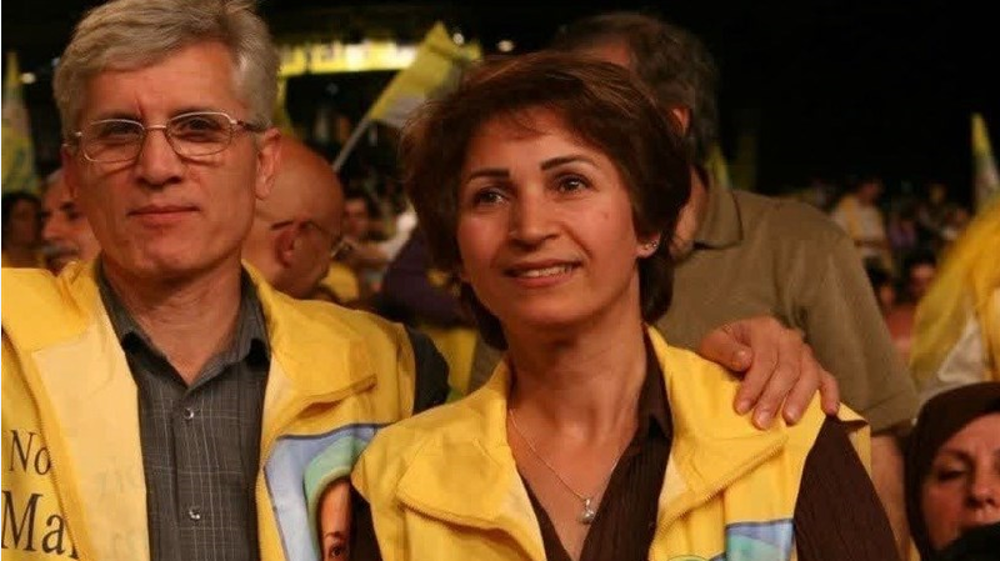
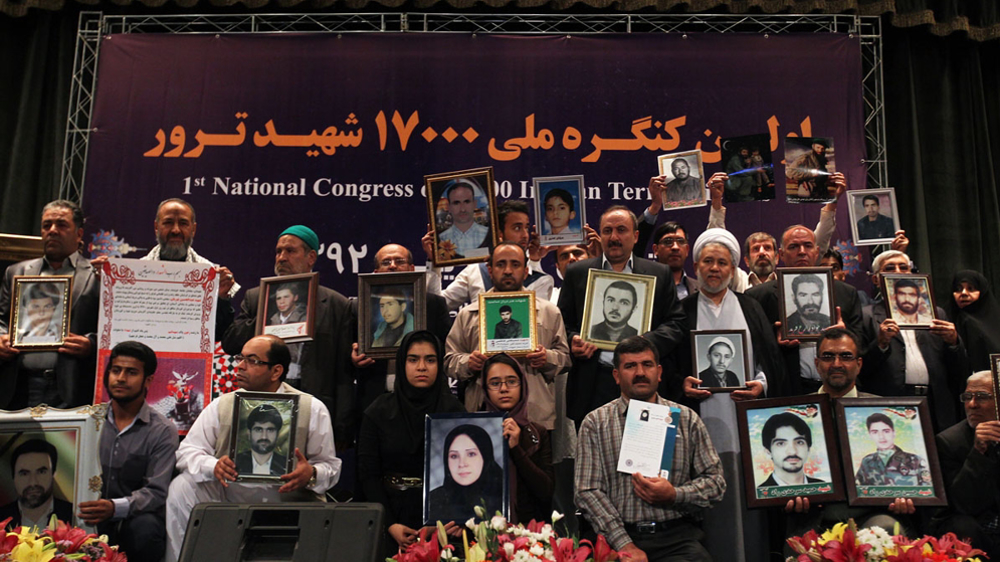
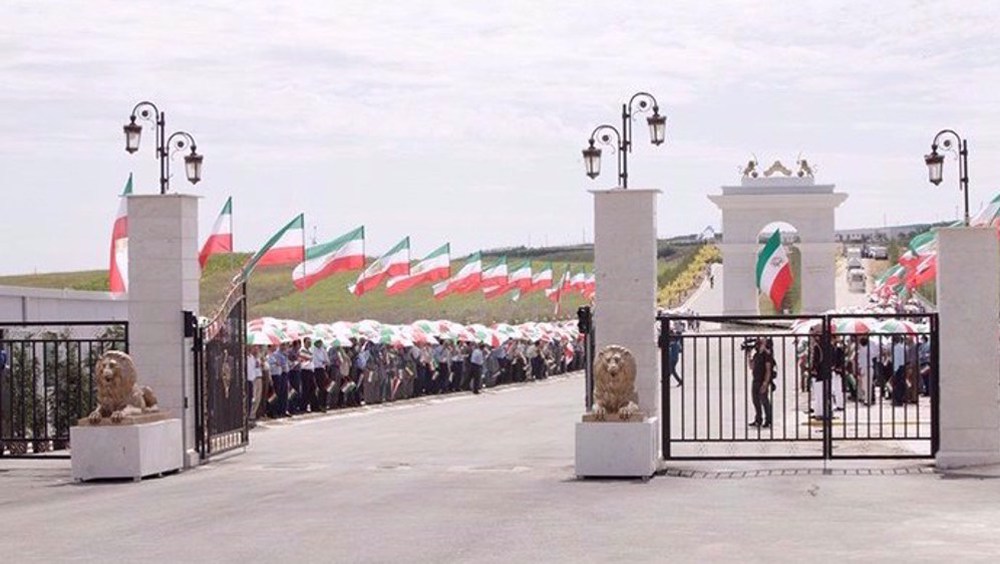
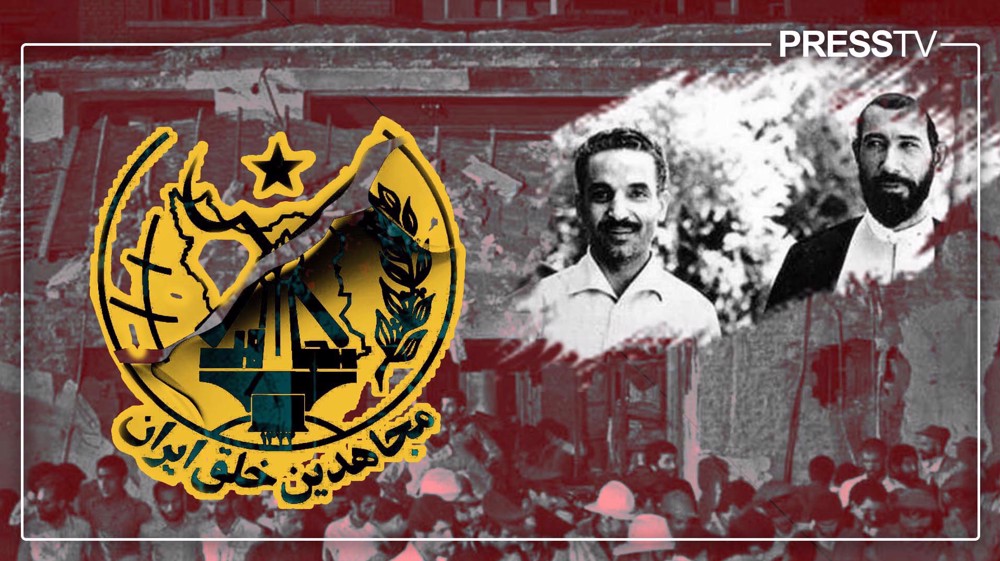
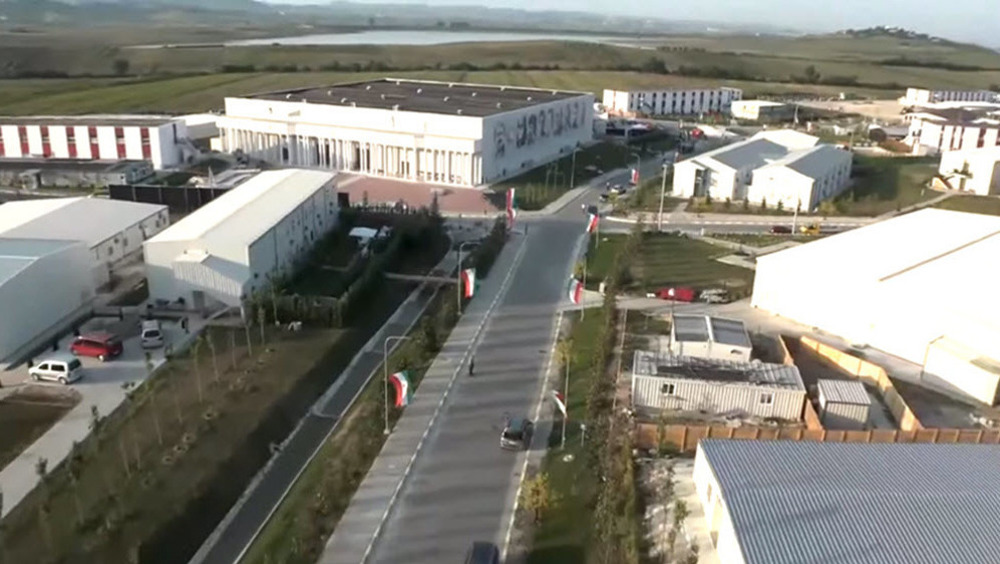

 This makes it easy to access the Press TV website
This makes it easy to access the Press TV website